Leaves in garden beds?
zahzeen
14 years ago
Related Stories

FALL GARDENING5 Ways to Put Fall Leaves to Work in Your Garden
Improve your soil and yard the organic way with a valuable garden booster that grows on trees
Full Story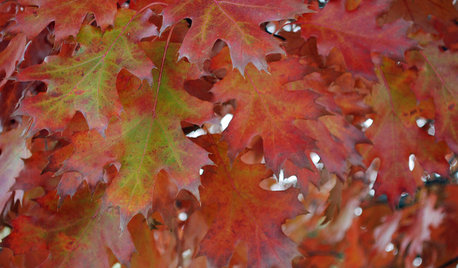
GARDENING GUIDES6 Healthy Ways to Handle Fallen Leaves
Once nature's beautiful bounty is spent, these ecofriendly strategies for leaves will put your yard in the clear
Full Story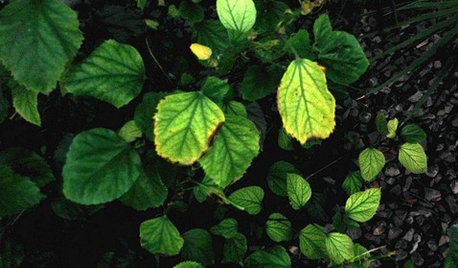
GARDENING GUIDESWhat's Wrong With My Plant? Leaves Often Hold the Clues
Learn how to identify common plant ailments by reading their leaves
Full Story
DECLUTTERINGDownsizing Help: Choosing What Furniture to Leave Behind
What to take, what to buy, how to make your favorite furniture fit ... get some answers from a homeowner who scaled way down
Full Story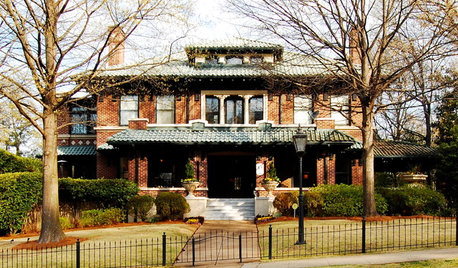
ARCHITECTUREStates of Style: Alabama’s Icons Leave Their Mark
In the first of a new series, discover the natural beauty, the architectural icons and some of our favorite homes deep in the heart of Dixie
Full Story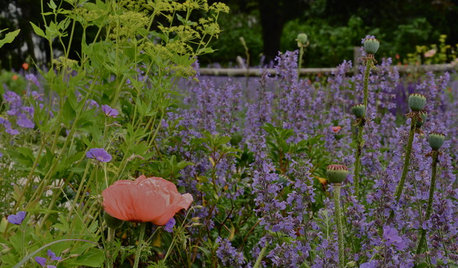
GARDENING GUIDESGreat Design Plant: Walker's Low Catmint
Prolific purple blooms, fragrant leaves, and cold-hardiness makes this a go-to plant for almost any garden
Full Story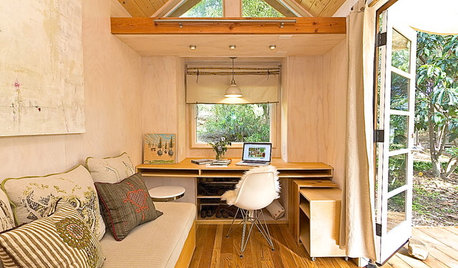
LIFEYou Said It: ‘I’m Never Leaving’ and More Houzz Quotables
Design advice, inspiration and observations that struck a chord this week
Full Story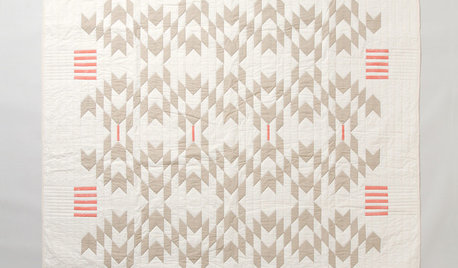
PRODUCT PICKSGuest Picks: Get Summer Camp Style Without Leaving Home
Create a relaxed, outdoorsy feel with a touch of nostalgia, by bunking with these games, artworks and accessories
Full Story
LAUNDRY ROOMSRoom of the Day: The Laundry Room No One Wants to Leave
The Hardworking Home: Ocean views, vaulted ceilings and extensive counter and storage space make this hub a joy to work in
Full Story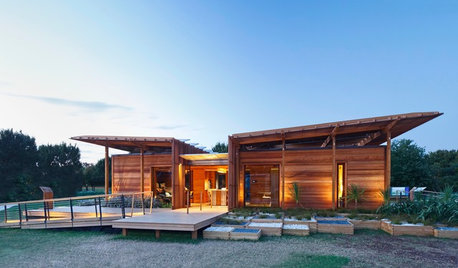
GREEN BUILDINGStudents’ Award-Winning Home Leaves Small Footprint
A cost-effective, solar-powered New Zealand prefab home has good looks to match
Full StoryMore Discussions






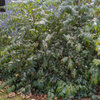

mad_gallica (z5 Eastern NY)
NHBabs z4b-5a NH
Related Professionals
Graham Landscape Architects & Landscape Designers · Rossville Landscape Architects & Landscape Designers · Saint Matthews Landscape Architects & Landscape Designers · Dinuba Landscape Contractors · Florham Park Landscape Contractors · Fort Atkinson Landscape Contractors · Fort Payne Landscape Contractors · Harrisburg Landscape Contractors · Saint George Landscape Contractors · Vacaville Landscape Contractors · North Aurora Landscape Contractors · Brookfield Decks, Patios & Outdoor Enclosures · Fort Mill Decks, Patios & Outdoor Enclosures · Lansdale Decks, Patios & Outdoor Enclosures · Westfield Decks, Patios & Outdoor Enclosuresterrene
diggerdee zone 6 CT
asarum
zahzeenOriginal Author
terrene
runktrun
zahzeenOriginal Author